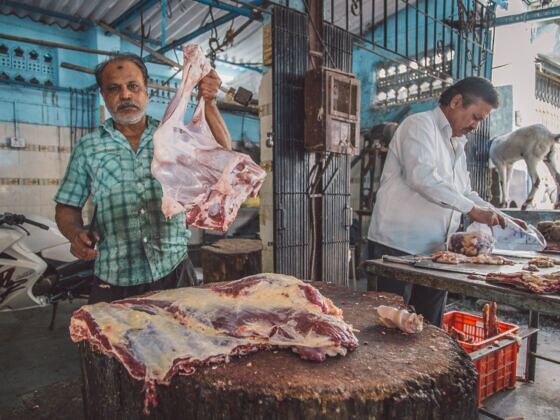NEW DELHI, India — When Mumbai learned the government was going to ban meat in the city for four days this month, things got ugly.
Residents tolerated a beef ban imposed in March, and even survived rumors that the state may go liquor-free — but being denied their chicken tikka for half a week was just too much to bear.
